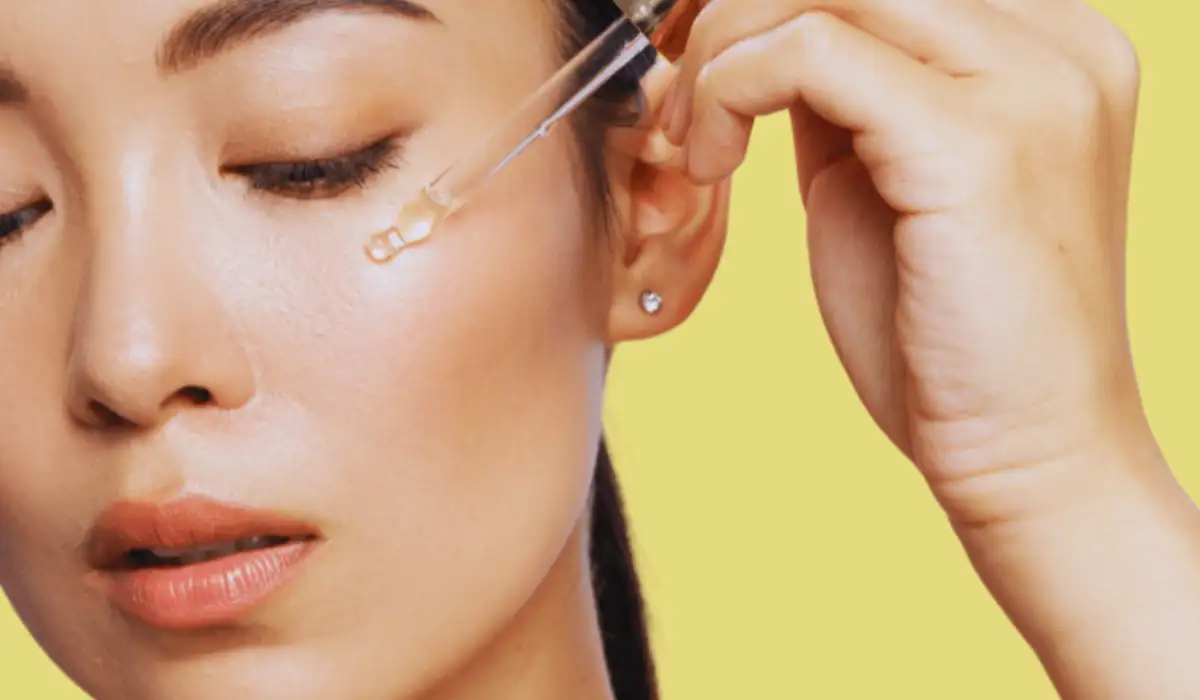Against the backdrop of a dynamic skincare industry, some ingredients have come up as the winners in promoting healthy and glowing skin.
Among these is niacinamide otherwise known as vitamin B3 which has been gaining popularity among many people because of the different benefits it offers.
However, similar to any skincare compound there have been some concerns that it may cause acne.
In this broad-scale analysis, we will look into the scientific complexities of niacinamide and try to establish if it is possible for that compound to indeed facilitate acne.
Understanding Niacinamide

As we begin to consider the possible acne worries let’s first train our focus on niacinamide.
It is known as a water-soluble derivative of the vitamin B3 niacinamide and is acclaimed for its critical function in cellular regeneration and metabolism.
As a topical application, it displays a wide range of benefits such as anti-inflammatory activity, antioxidant properties, and also skin barrier strengthening.
These characteristics have made niacinamide a very popular ingredient in many skincare formulations targeting problems like hyperpigmentation fine lines and also skin health generally.
The Acne Dilemma
A common topic in discussions about skincare is whether niacinamide can cause an acne breakout. While many people share a lot of positive skin care experiences the skepticism has remained.
It is very important to refer to scientific research to evaluate the validity of these allegations because unfortunately, a detailed relationship between niacinamide and acne needs some clarification.
Research Findings On Niacinamide
Scientific researchers have come to represent the truth standard in the world of skincare providing immeasurable knowledge regarding how ingredients affect human skin.
As for niacinamide, the evidence is not consistent with its acne-causing properties. Research shows that niacinamide can be very useful for those with acne-prone skin.
A unique article was published on the pages of the International Journal of Dermatology. It succeeded in which participants using a niacinamide-containing gel showed improvement regarding acne severity.
This result debunks the myth that niacinamide worsens acne and highlights its importance as a very beneficial resource for dealing with concerns related to acne.
Another study published in the Journal of Cosmetic and Laser Therapy showed that niacinamide helped improve the skin condition overall by reducing acne lesions.
Mechanism of Action
To understand why niacinamide is more likely to be a great ally than a threat for acne-riddled skin we must discuss its mechanism of action.
Niacinamide works on many levels positively affecting the different biochemical reactions occurring in the skin.
- Sebum Regulation: the characteristic trade of a sin prawn skin is the over-secretion of sebum. Niacinamide has been demonstrated to control sebum levels leading to a balance that favors the skin’s welfare.
- Niacinamide impedes the overproduction of sebum, one such cause that cannot be ignored in acne formation.
- Anti-inflammatory Properties: Inflammation is a very important component of the acne cascade leading to erythema edema and increased pain.
The strong anti-inflammatory functions of niacinamide make it a very perfect fit to soothe the inflammation associated with acne lesions.
Niacinamide decreases the erythema and also limits the effects of inflammation creating a less favorable environment for acne development.
Choosing the Right Production
Although scientific evidence shows the safety and effectiveness of niacinamide. it is very important to note that reactions to skin care products can be different for each individual.
The formulation of skin care products also matters a lot and some people may get bouts because many other substances are found in a product besides niacinamide.
While adding new skin care products to your routine especially those with niacinamide content, it is highly recommended that you perform a patch test.
This entails placing a small quantity of the production on an inconspicuous part of your skin to see whether there are any adverse effects.
Secondly, the slow introduction of new products makes your skin get used to them gradually; hence it reduces irritations that would otherwise occur.
Navigating the skincare landscape
When pursuing healthy blemish-free skin one should be a very critical consumer when it comes to skincare products.
Scientific evidence supports niacinamide as a very valuable skincare component and its use in the acne-fighting formulations is not only safe but may even be very beneficial.
Nevertheless one should equally note that the process of skincare is a very intricate and personal undertaking.
Some factors that influence the outcomes include skin type sensitivity to some products or even other skincare used at the same time.
Although niacinamide is very unlikely to trigger acne it’s also important to consider other ingredients in skincare products and then adjust your routine accordingly.
Conclusion
Myths and misconceptions have a habit of becoming firmly established in the world of skincare eclipsing the scientific facts on which we can base our choices.
As regards niacinamide and acne the evidence in favor of such a relationship is still out.
The studies presented in this paper challenge the belief that niacinamide aggravates acne and places it as a very effective ally for obtaining clear yet glowing skin.
As is the case with any skincare ingredient an intelligent and personal approach is very crucial.
The versatile effects of niacinamide make it a very unique ingredient and when used in moderation as an important part of an effective skincare regimen; it has the potential to not only improve your appearance but also boost skin health.
Reference
- Wohlrab J, et al. (2014). Niacinamide – mechanisms of action and its topical use in dermatology. DOI:
https://doi.org/10.1159/000359974

